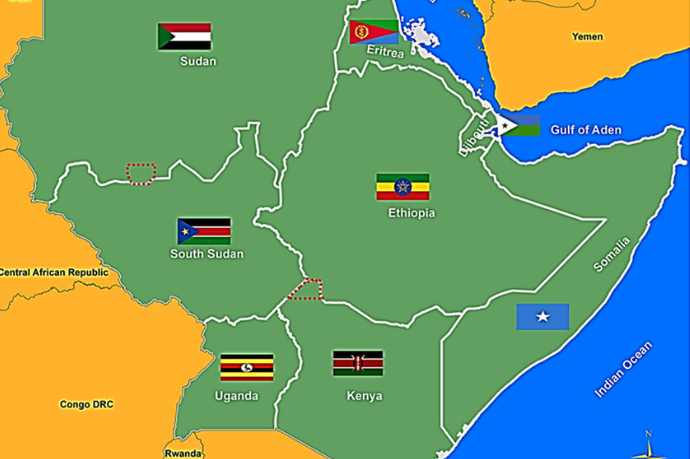- The African Development Bank Group has approved two grants worth $83.6 million to boost cross-border trade in electricity between Ethiopia and Djibouti and to deepen integration in the Horn of Africa sub-region.
- The funds comprise a $69.65 million grant to Ethiopia and a second grant of $13.93 million to Djibouti, both sourced from the African Development Fund, the African Development Bank’s concessional financing window.
The Ethiopia–Djibouti Second Power Interconnection project will entail the construction of nearly 300 km of interconnector line, 170 km of transmission lines, and new construction or renovation of substations in the two countries.
“The first interconnection line is reaching its power transfer capacity limit due to several developments in both countries, such as the industrial development in the eastern part of Ethiopia, the railway line from Djibouti to Ethiopia (powered by electricity), and the port expansion in Djibouti. The two countries have thus decided to develop the second power interconnection line to maintain energy security and reliability for Djibouti,” said Mr. Batchi Baldeh, the Bank’s Director of Power Systems Development.
Related news: Ethiopia begins second filling of Grand Renaissance Dam
Project completion is expected to increase Ethiopia’s power export revenue while also boosting Djibouti’s access to reliable and affordable clean electricity, lowering costs to below $0.10 per kWh. Other expected impacts in Djibouti include a more conducive environment for businesses and job creation for youth, as well as lower greenhouse gas emissions.
In 2004 the Bank financed the first power interconnection project between the two countries. This second project is expected to build on benefits achieved over the last ten years, including a 65% increase in customer connections in Djibouti and a sharp reduction in the use of thermal generation plants from 100% to around 16%. Ethiopia has earned $275 million in revenue from power exports over the same period.
The project is aligned with the Bank’s East African Regional Integration Strategy Paper, which seeks to promote regional infrastructure for economic transformation.
Author: Bryan Groenendaal















